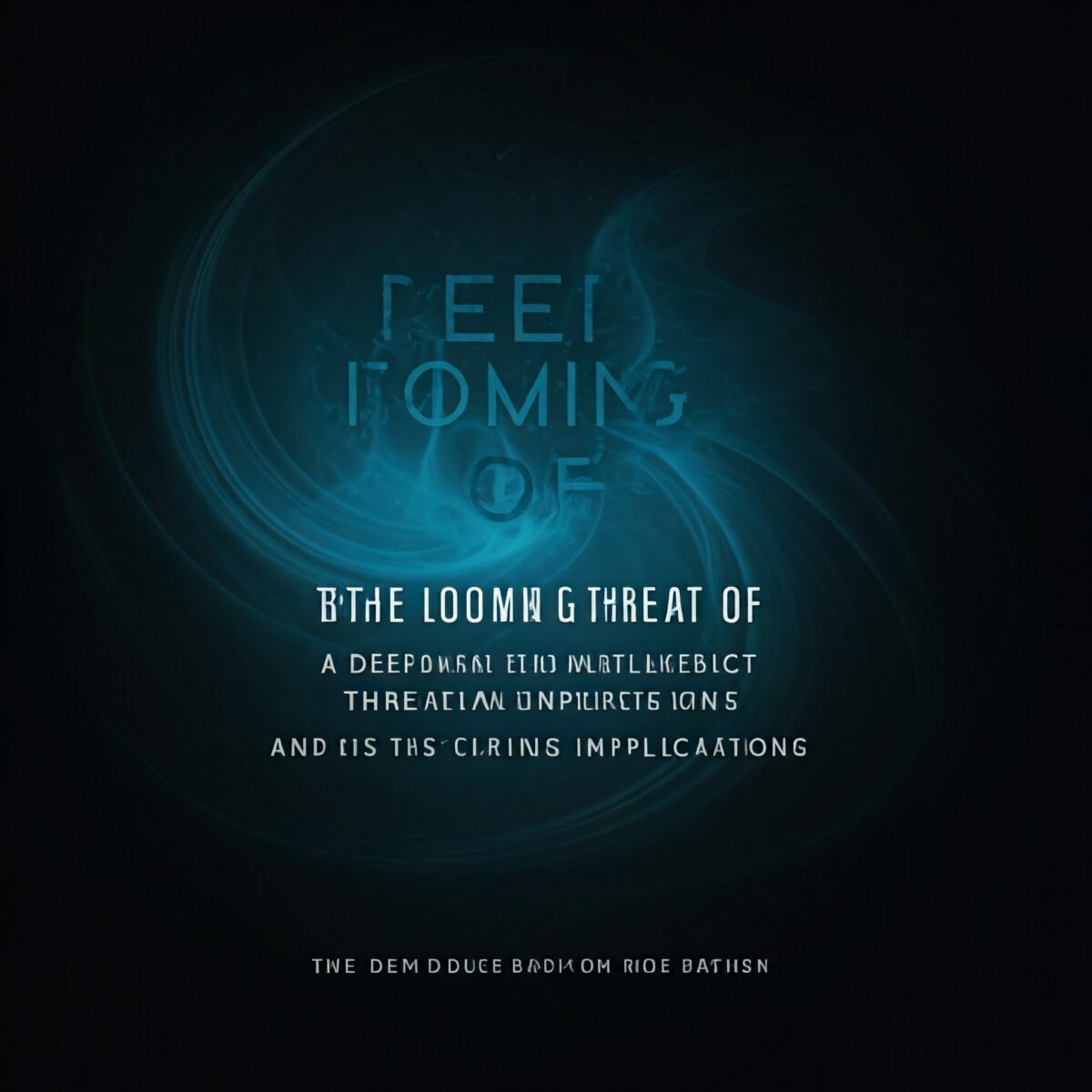
The Rise of AI: A Brief History
The seeds of AI were sown in the mid-20th century, with pioneers like Alan Turing and John McCarthy laying the foundation for this revolutionary technology. Early AI research focused on developing machines capable of performing tasks that typically require human intelligence, such as problem-solving, learning, and reasoning.
The 21st century has witnessed an exponential growth in AI capabilities, thanks to advancements in computing power, data storage, and algorithms. Machine learning, a subset of AI, has enabled machines to learn from data and make predictions or decisions without explicit programming. Deep learning, a further specialization of machine learning, has revolutionized fields like computer vision and natural language processing.
AI’s Impact on Various Industries
AI is transforming industries across the board, from healthcare to finance, transportation to entertainment. Here are some key areas where AI is making a significant impact:
- Healthcare: AI-powered tools are being used to analyze medical images, detect diseases early, and develop personalized treatment plans.
- Finance: AI algorithms are employed for fraud detection, algorithmic trading, and risk assessment.
- Transportation: Self-driving cars and autonomous vehicles are being developed to revolutionize transportation and reduce accidents.
- Entertainment: AI-powered recommendation systems suggest movies, TV shows, and music tailored to individual preferences.
- Customer Service: Chatbots and virtual assistants are providing 24/7 customer support and answering queries.
Ethical Considerations and Bias
As AI becomes more sophisticated, it is crucial to address the ethical implications of its development and deployment. One major concern is the potential for bias in AI algorithms, which can lead to discriminatory outcomes. For example, AI-powered facial recognition systems have been shown to be less accurate for people of color, raising concerns about their use in law enforcement.
Another ethical issue is the transparency of AI decision-making. As AI systems become increasingly complex, it can be difficult to understand how they arrive at their conclusions. This lack of transparency can lead to mistrust and undermine public confidence in AI.
Job Displacement and the Future of Work
The rise of AI has sparked fears of widespread job displacement. While AI has the potential to automate many routine tasks, it is also creating new job opportunities in fields like AI development, data science, and ethical AI. However, it is essential to invest in education and training programs to equip workers with the skills needed to thrive in the AI era.
The Future of AI: A Double-Edged Sword
The future of AI holds immense promise, but it also presents significant challenges. As AI continues to advance, it is crucial to develop ethical guidelines and regulations to ensure its responsible use. By harnessing the power of AI for good, we can create a future where technology serves humanity and improves the quality of life for all.
Conclusion
AI is a powerful tool that has the potential to revolutionize society. However, it is essential to approach AI development with caution and consider the ethical implications. By addressing the challenges and maximizing the benefits, we can ensure that AI is used for the betterment of humanity.
Additional Considerations
- Privacy Concerns: As AI systems collect and analyze vast amounts of personal data, privacy concerns arise. It is crucial to implement robust data protection measures to safeguard individuals’ privacy.
- Autonomous Weapons: The development of autonomous weapons systems raises serious ethical questions about the potential for machines to make life-or-death decisions.
- AI and the Environment: AI can be used to address environmental challenges, such as climate change and pollution. However, the energy consumption associated with training and running AI models can have a significant environmental impact.
By carefully navigating these challenges and embracing the opportunities, we can shape a future where AI is a force for good.



